The Price of Convenience: Is There Such a Thing as Free Credit Card Processing?
Stax
JULY 7, 2025
You Can’t Opt Out of Credit Card Payments Opting out of credit card processing altogether is not a viable option. Competitive pricing: Surcharging lets business owners offer competitive pricing to customers who choose to pay with alternative methods, such as cash or debit card transactions.


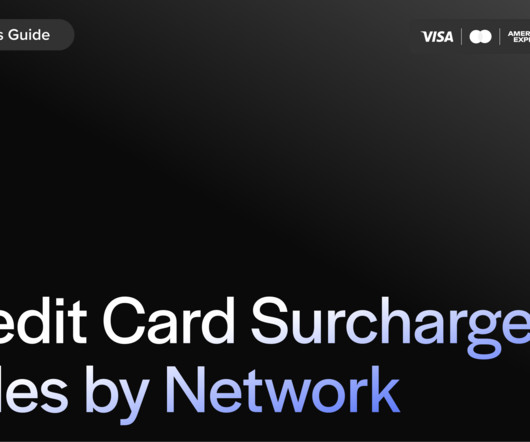
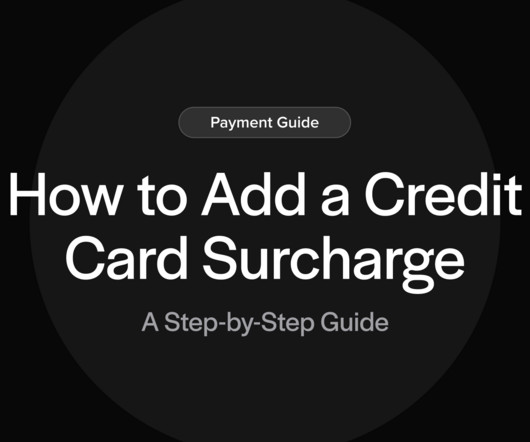

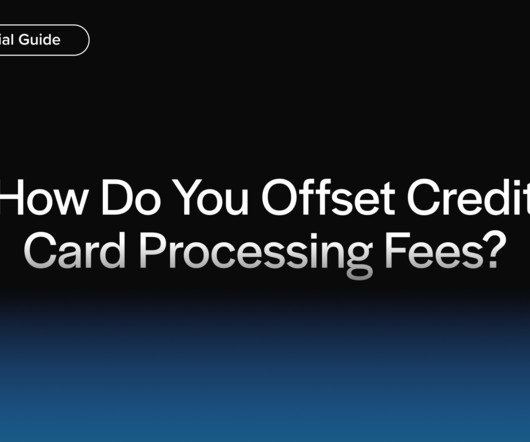

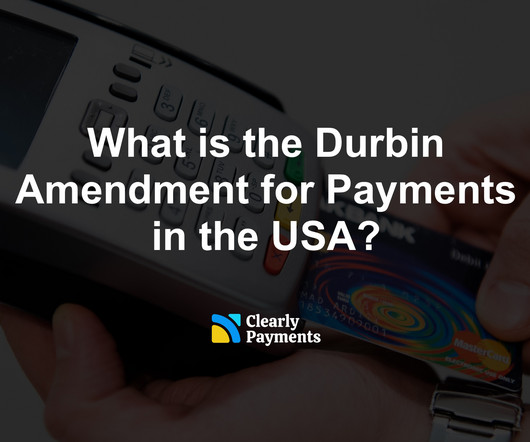
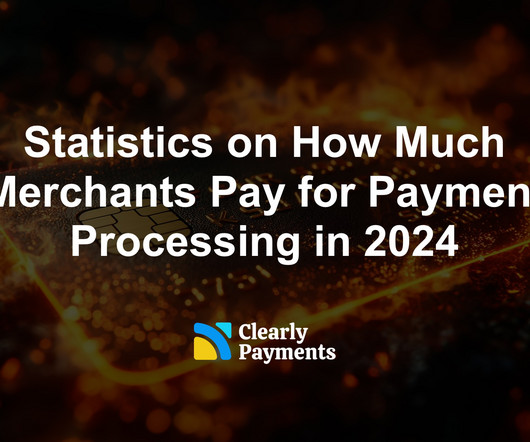





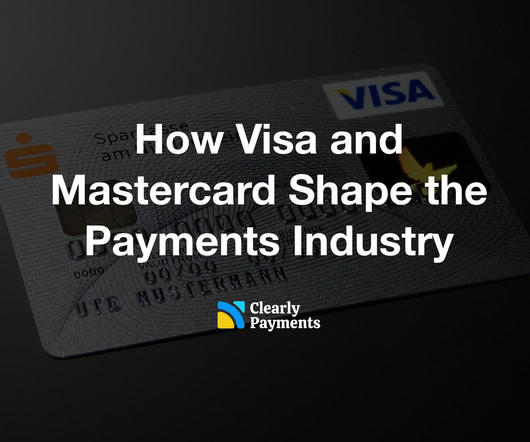







Let's personalize your content